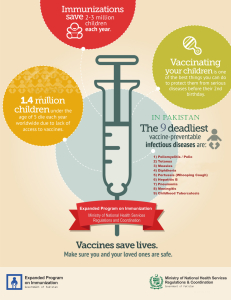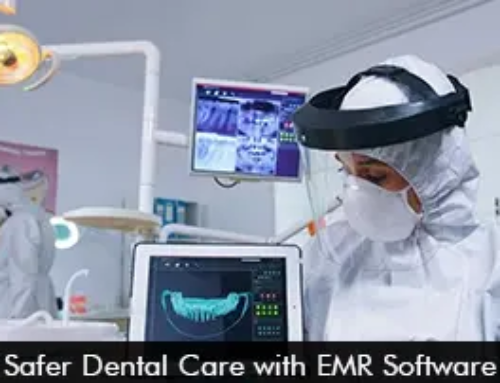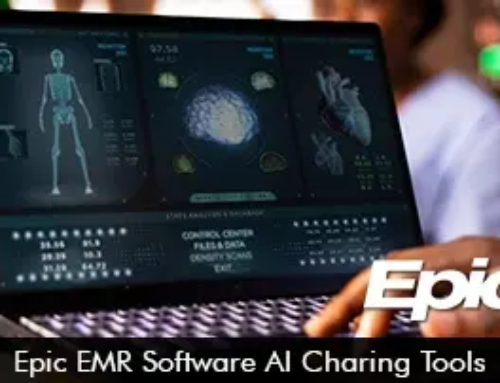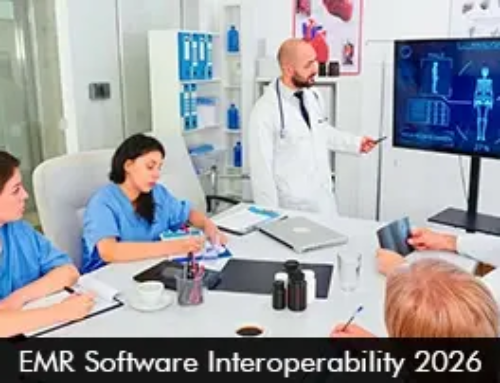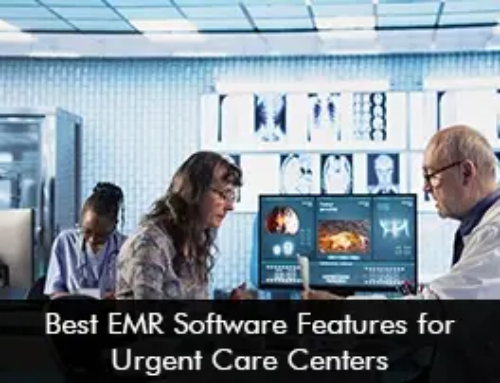EMR software is part of the global battle against infectious diseases. Immunization not only prevents disease outbreaks but also safeguards public health by promoting immunity within communities. In this blog, we will explore the advancements and benefits of immunization tracking within electronic medical record (EMR) software.
The Evolution of Immunization Tracking in EMR Software
With the integration of EMR software, healthcare providers gained the ability to accurately record and track immunization data for individual patients. This technology has evolved significantly, driven by the following factors:
Digitization of Healthcare Data
The years 2020 to 2023 witnessed a rapid shift towards digital healthcare records. EMR systems became central repositories for immunization records, offering a comprehensive view of patients’ vaccination history.
Interoperability
EMR software evolved to become more interoperable, enabling seamless data exchange between different healthcare providers, clinics, and public health agencies. This connectivity enhanced the accuracy and completeness of immunization records.
Telehealth and Remote Monitoring
The COVID-19 pandemic accelerated the adoption of telehealth and remote monitoring. EMR software integrated with telehealth platforms enabled providers to counsel patients on immunizations, monitor adverse reactions, and track compliance remotely.
Benefits of Immunization Tracking in EMR Software
Accurate and Centralized Records
EMR software eliminated the need for paper records and manual tracking. Immunization data is accurately recorded, stored, and accessible in a centralized digital format.
Timely Vaccination Reminders
EMR systems integrated vaccination schedules and sent automated reminders to both patients and healthcare providers. This proactive approach increased compliance with recommended immunizations.
Population-Level Data Analysis
EMR software allowed for population-level analysis of immunization rates, enabling healthcare authorities to identify areas with low vaccine coverage and target interventions accordingly.
Public Health Reporting
The integration of EMR data with public health databases improved the accuracy of disease reporting and facilitated swift response to potential outbreaks.
Impact Throughout the COVID-19 Pandemic
The years 2020 to 2023 witnessed an unprecedented global health crisis with the COVID-19 pandemic. EMR software played a critical role in immunization tracking during this period:
Vaccine Distribution Management
EMR software assisted in managing the distribution of COVID-19 vaccines by tracking doses administered, monitoring adverse reactions, and ensuring timely second doses.
Real-Time Reporting
EMR systems provided real-time reporting of COVID-19 vaccinations, aiding public health officials in monitoring the progress of vaccination campaigns and identifying areas that required attention.
Data-Driven Decision Making
The data collected through immunization tracking in EMR software informed public health policies and vaccination strategies, enabling evidence-based decision-making during the pandemic.
Looking Ahead at Future Possibilities
As we move forward, the integration of immunization tracking within EMR software is likely to continue evolving:
Enhanced Data Analytics
EMR systems will further enhance their data analytics capabilities, providing insights into vaccination trends, disparities, and long-term outcomes.
Artificial Intelligence
AI-powered algorithms may be used to predict vaccination rates, assess the effectiveness of vaccination campaigns, and identify potential outbreaks.
Global Collaboration
Interoperable EMR systems can facilitate global collaboration in tracking vaccinations, enabling real-time sharing of data and insights across borders.


